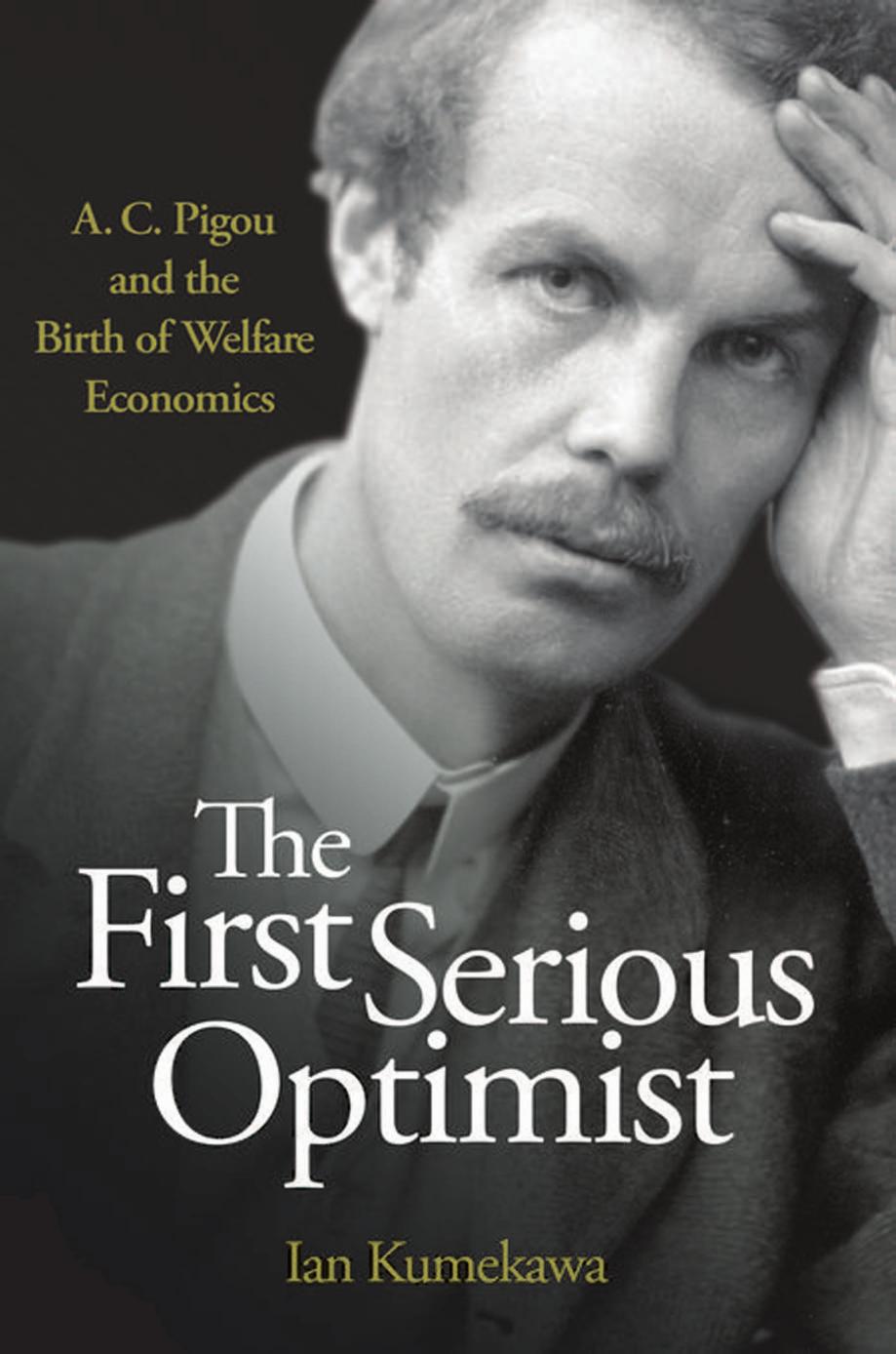The First Serious Optimist: A. C. Pigou and the Birth of Welfare Economics by Ian Kumekawa

Author:Ian Kumekawa [Kumekawa, Ian]
Language: eng
Format: epub, pdf
Tags: Business & Economics, Economic History, History, Europe, Great Britain, General, Economics, Biography & Autobiography, Social Scientists & Psychologists, Business
ISBN: 9780691163482
Google: VGuYDwAAQBAJ
Publisher: PrincetonUP
Published: 2017-06-06T19:35:29+00:00
Pigouâs academic alienation peaked with his mandatory retirement from teaching in 1943 upon turning 65. As a fellow of Kingâs, Pigou would remain at the college for the rest of his life, but his years as a professor had come to an end. The board of electors unanimously chose Keynes as his successor to the Chair of Political Economy, but Keynes, swamped with war work, was âunable to acceptâ because of âother demands on his time.â58 The post therefore went to Robertson, who returned from London to assume his new responsibilities. Pigou had battled Keynes for influence at Cambridge for nearly a decade and a half, but ultimately, when Keynes was offered the position that Pigou so valued, Keynes was too busy with tasks in London he considered more important to take it up. It was a cruel irony and a bittersweet victory that Robertson, Pigouâs former ally at Cambridge, came back to the economics faculty only by default.
For his part, the retired professor was left with little to do. Writing to Noel-Baker in advance of his retirement, he noted: âIt doesnât seem proper that a viscount should do absolutely nil while the war is on. . . . Obviously the thing one would be most competent for would be some sort of investigation on economic stuff. . . . But there might be something else useful. Do you know of anything?â59 As time went on, Pigou became ever more serious. The following month, he returned to the issue. âNow about my job. This is a genuine enquiry. I donât want to be completely idle while there is all this rank about man-power, and there must be something that I am competent to do. . . . Therefore I am enquiring of you whether . . . you have acquired sufficient status to do a little nepotism.â60
Noel-Baker was no nepotist. Instead of providing a job, he suggested that Pigou address himself to a different audience, one to which Pigou had already begun to turn: the general public. For Noel-Baker, the wartime optimist and purposeful reformer, was already thinking ahead to a time after the war. He replied, noting that after the war, Britain would need to make major changes in its economic policies. âThere is admirable opportunity for making them,â he wrote, âbut the opportunity will only be taken if public opinion is instructed.â61 Moreover, he told Pigou, âIt must be instructed by people like you.â He ribbingly suggested that his friend write a âweekly article for the [popular, inexpensive, and generally conservative] Daily Mail or the Daily Express, at £50 a timeâ and that Pigou become an âeconomic commentator at £15:15 for the B.B.C.â Tongue-in-cheek, Noel-Baker added, âin general, you should no longer give yourself, as in the last, to the acquisition of filthy lucre, but should set yourself a new idealânamely, GOOD WORKS.â62 The response was a skillful deflection from providing the requested government post. It was, however, also a declaration of hope for a future in which people were instructed, not just directed.
Download
The First Serious Optimist: A. C. Pigou and the Birth of Welfare Economics by Ian Kumekawa.pdf
This site does not store any files on its server. We only index and link to content provided by other sites. Please contact the content providers to delete copyright contents if any and email us, we'll remove relevant links or contents immediately.
Blood and Oil by Bradley Hope(1251)
Daniel Holmes: A Memoir From Malta's Prison: From a cage, on a rock, in a puddle... by Daniel Holmes(1118)
Ambition and Desire: The Dangerous Life of Josephine Bonaparte by Kate Williams(1088)
Wandering in Strange Lands by Morgan Jerkins(1019)
It Was All a Lie by Stuart Stevens;(943)
What Really Happened: The Death of Hitler by Robert J. Hutchinson(872)
London in the Twentieth Century by Jerry White(848)
Time of the Magicians by Wolfram Eilenberger(844)
Twilight of the Gods by Ian W. Toll(814)
The First Conspiracy by Brad Meltzer & Josh Mensch(813)
The Japanese by Christopher Harding(803)
A Woman by Sibilla Aleramo(797)
Lenin: A Biography by Robert Service(780)
The Devil You Know by Charles M. Blow(779)
Reading for Life by Philip Davis(775)
Cleopatra by Alberto Angela(769)
Twelve Caesars by Mary Beard(769)
1965--The Most Revolutionary Year in Music by Andrew Grant Jackson(715)
The Life of William Faulkner by Carl Rollyson(714)
